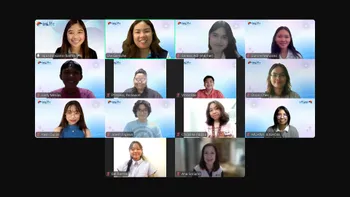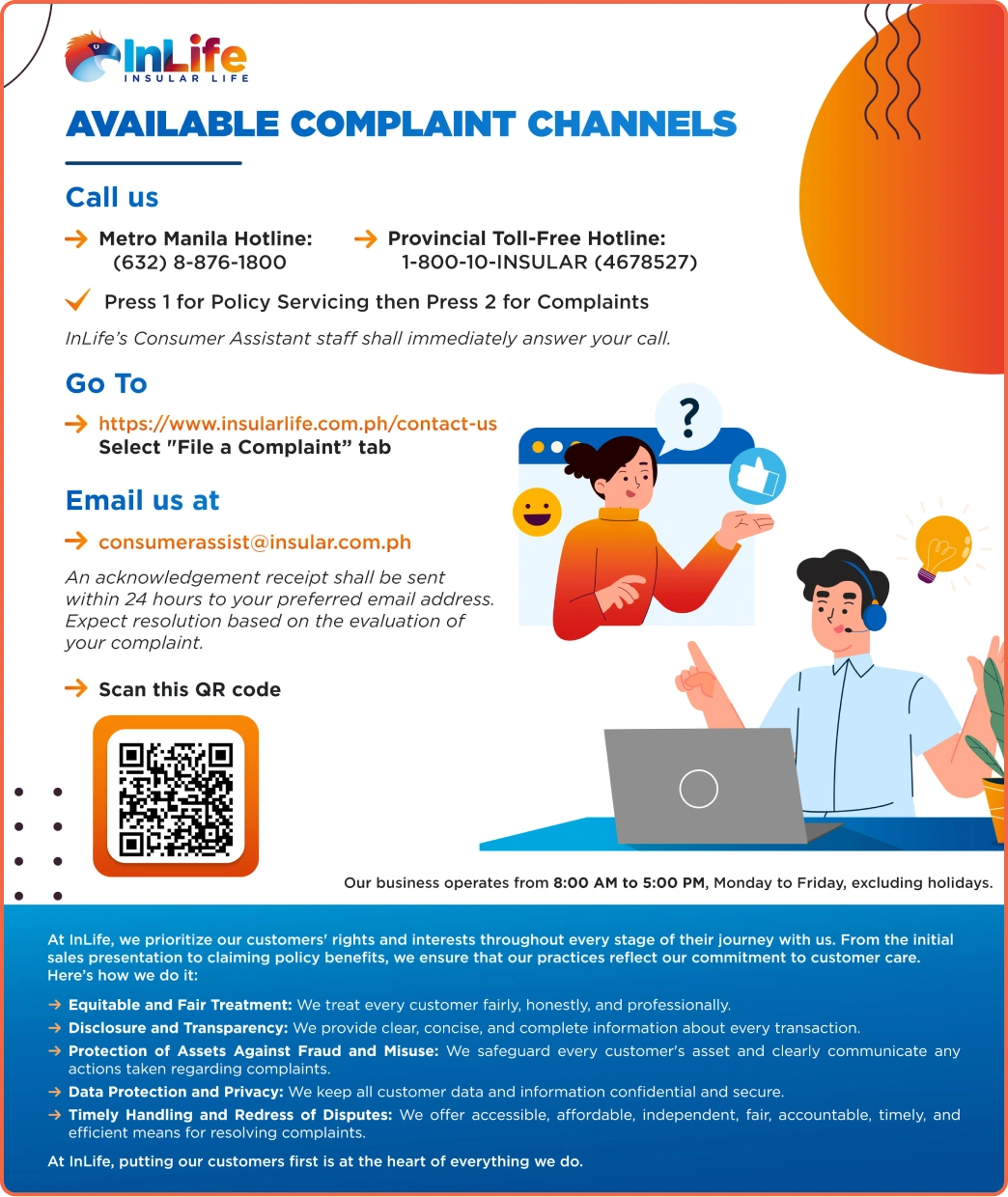Building Resilience for Fathers of The Sandwich Generation

In today's demanding family setup, sandwich generation fathers are uniquely challenged by the dual responsibilities of being breadwinners and caring for aging parents while raising their own family.
The "sandwich generation" refers to adults who are "sandwiched" between the demands of caring for their aging parents while simultaneously trying to raise their own family, often leading to significant emotional and mental strain. Balancing work, family, and personal needs places these dads under immense pressure to remain strong and resilient.
John, a 45-year-old father of two, shares his own experience of taking care of his mother and his family: "When my mother was diagnosed with Alzheimer's, I felt overwhelmed. Managing her care alongside my job and responsibilities as a father was a constant struggle. Accepting that I needed the help of a professional caregiver for my mother made a big difference. The caregiver provided specialized care, which relieved some of my burden and allowed me to focus more on my family and work."
Carlos, a 40-year-old father who is in a similar situation, emphasizes the importance of self-care: "I needed to take care of myself to be there for my family. Joining a basketball group at my office not only keeps me physically active but also provides a supportive community. Playing basketball with my colleagues helps me clear my mind and stay healthy," he says.
According to Dr. Patricia Lo, a clinical psychologist specializing in family dynamics, "Many fathers feel the need to be strong for their families, which can lead to significant emotional and mental health challenges when managing multiple caregiving responsibilities." Key challenges include role overload, emotional strain, financial stress, and time pressure.
To build emotional and mental resilience, mental health professionals recommend several strategies. Seeking professional support by engaging with a therapist or counselor provides a safe space to discuss feelings and develop coping strategies. "Therapy offers an outlet to process emotions and gain perspective," says Dr. Lo.
Practicing self-care activities such as physical exercises and relaxation techniques as well as pursuing hobbies helps mitigate stress. Regular physical activity, meditation, deep breathing exercises, and yoga help manage stress, reduce anxiety and improve mood. Establishing clear boundaries with work and family, learning to say no and delegating tasks can lighten the load and prevent burnout. Connecting with other fathers in similar situations through support groups, both in-person and online, provides emotional support and practical advice. Consulting with a financial advisor helps manage the economic strain of dual caregiving responsibilities. Proper financial planning can alleviate some of the stress associated with providing for both children and aging parents.
InLife, the country’s first and largest Filipino life insurance company aims to help the Filipino Sandwich Generation manage their challenges through resources and tools for financial planning, education,
caregiving, mental health, self-care, and insurance knowledge through webinars, podcasts, a new microsite, and other forms of content.
InLife also offers "Resilience," a whole life critical illness insurance plan that can support sandwich generation fathers in case they get diagnosed with a critical illness. By incorporating InLife Resilience into their financial planning, sandwich generation fathers can reduce the financial stress associated with major health problems and focus on maintaining their quality of life while still providing for their families.
Resilience provides accelerated cash payouts and additional health benefits to help cope with the financial impact of being diagnosed with a life-threatening disease. With InLife Resilience, fathers can receive a lump sum cash payment upon diagnosis of a critical illness, offering immediate financial support. Additional benefits include coverage for late-stage cancer, a second coverage for cancer, heart attack, or stroke diagnosis, and a cash allowance for hospitalization due to a covered disease. Resilience also ensures lifetime financial security with coverage up to age 99, rewards for maintaining good health throughout the policy period, and a limited pay period of only 10 years, making it a manageable financial commitment.
Sandwich generation fathers face substantial emotional and mental health challenges. By practicing self-care, using mindfulness techniques, building a support network, seeking professional help, and planning their finances well, they can build resilience and manage their responsibilities more effectively.







